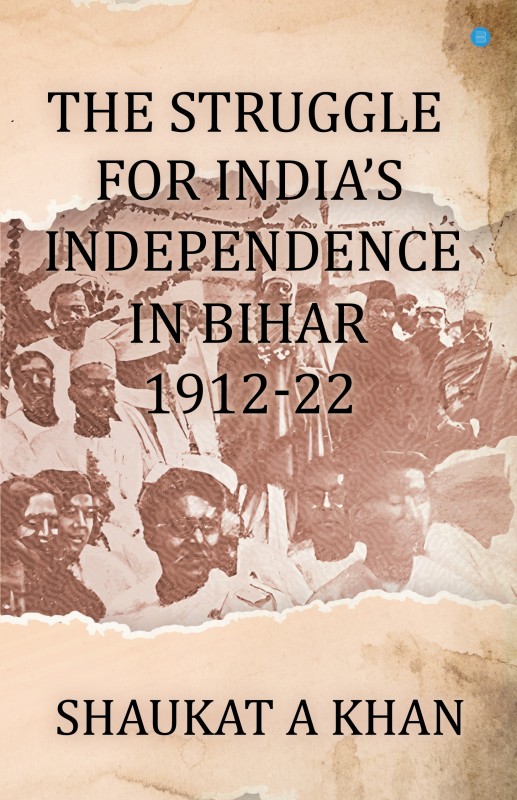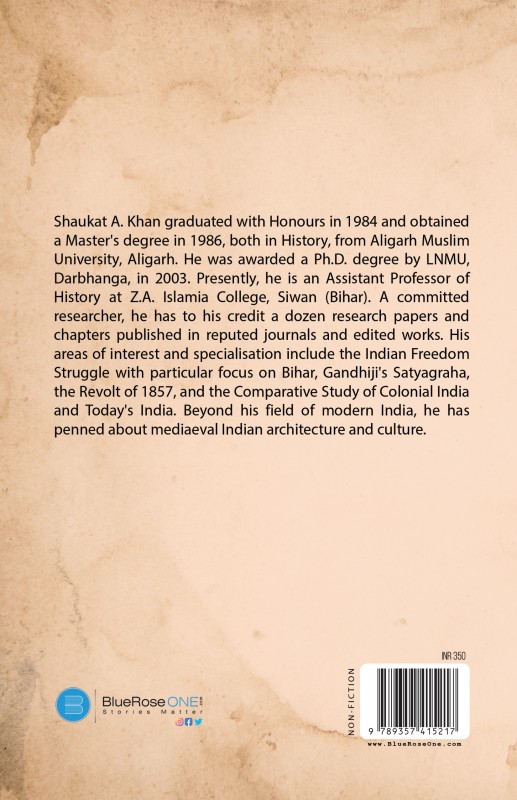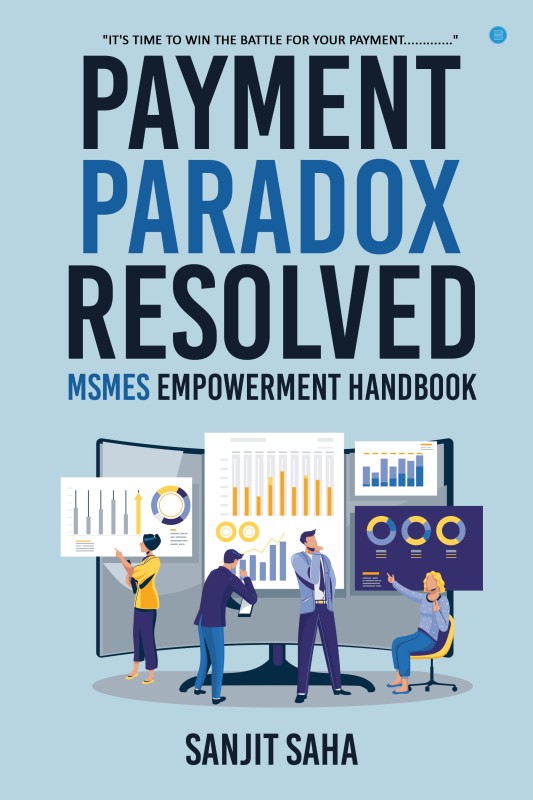The Struggle for India's Independence in Bihar 1912-22
by Shaukat A Khan | 01-Dec-2023
Original
Books
Fastest
Delivery
7-day
Replacement
Book Details
- Language : English
- Pages : 224
- ISBN : 9789357415217
- Genre: NON-FICTION
- Size : 5.5" x 8.5"
- Binding Type : PAPERBACK
- Age Group: + Years
- Paper Type : NATURAL SHADE
- Interior : BLACK & WHITE
- Cover : MATTE FINISH
- Book Type : PAPERBACK
- Tags : The Struggle for India's Independence in Bihar 1912-22
-
Best Sellers Rank :
#1947 in Non - Fiction
#7682 in Global
Reviews
-

Dr. Irshad Ahmed
06-01-2024The book is well researched and well written for both serious research scholars and aspiring students
-

Rajan Yadav
23-04-2025द स्ट्रगल फॉर इंडियाज़ इंडिपेंडेंस इन बिहार 1912-22, 1912 में बंगाल से अलग होने के बाद पहले दशक में भारत की स्वतंत्रता के संघर्ष में बिहार की भूमिका के बारे में विस्तृत जानकारी प्रदान करता है। यह पुस्तक उपनिवेशवाद विरोधी प्रतिरोध की स्थानीय गतिशीलता को दर्शाती है, जिसमें इस बात पर प्रकाश डाला गया है कि प्रांतीय स्तर पर राष्ट्रीय घटनाओं की व्याख्या कैसे की गई और उन पर कैसे कार्रवाई की गई। प्रमुख हस्तियों, जमीनी स्तर पर लामबंदी और सामाजिक-राजनीतिक परिवर्तनों पर ध्यान केंद्रित करते हुए, यह व्यापक स्वतंत्रता संघर्ष को आकार देने में बिहार की महत्वपूर्ण भूमिका को प्रभावी ढंग से दर्शाता है। अभिलेखीय स्रोतों और विश्लेषणात्मक गहराई से समृद्ध, यह कार्य क्षेत्रीय इतिहासलेखन में एक अमूल्य योगदान है और स्थानीय प्रतिरोध के लेंस के माध्यम से भारत की स्वतंत्रता के मार्ग को समझने के लिए एक आवश्यक परिप्रेक्ष्य प्रदान करता है।

 USD
($)
USD
($) AUD
($)
AUD
($) CAD
($)
CAD
($) EUR
(€)
EUR
(€) HKD
($)
HKD
($) MYR
(RM)
MYR
(RM) GBP
(£)
GBP
(£) SGD
($)
SGD
($)








